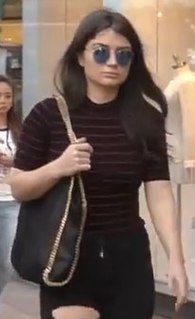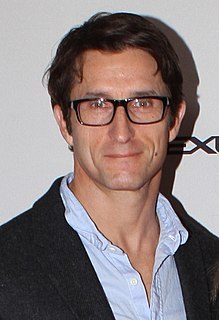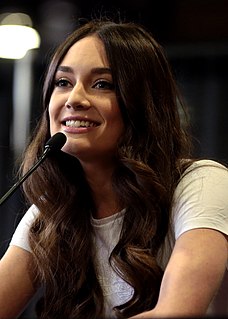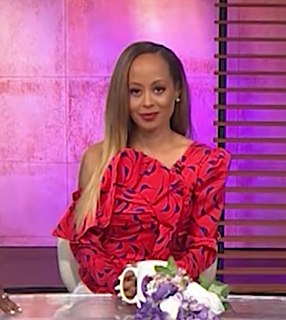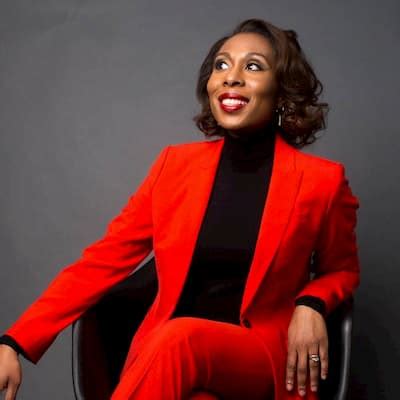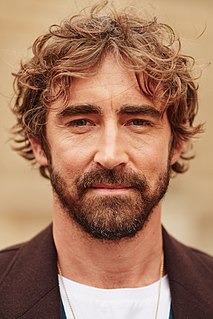A Quote by Will Poulter
One of the challenges obviously with doing an accent from a time period early in history is that there aren't recordings. You would never really get the opportunity to hear exactly what you were shooting for.
Related Quotes
I think in the early part of my career, the roles were so disparate that it never gave anybody an opportunity to understand my essence and what I would be good at doing, as opposed to what I would not be good at doing, so these little moments of beautiful things that were happening to me were consistent, but very few and very far between.
Acting for me was hard enough without having to think of the accent. And also, when I was auditioning for stuff I would walk into the room with an Australian accent, and I would do the audition in an American accent, and they would invariably say, 'Yeah, it's that good, but I can still hear the oddity coming through.'
I'd never gotten to do an accent for anything that I've done, so that was really appealing because I love doing accents. Ever since I was a kid, I made it my business to try to mimic foreign accents, so it was really fun to be able to do that. I was really working on the accent to try to make it really good.
There are still many questions about how law enforcement responded to the shooting at the Pulse nightclub in Orlando.To get some answers, media organizations, including NPR, have asked for tapes of the 911 calls and other recordings. So far, authorities have not released that audio, only edited transcripts. Doing more, they say, would re-victimize the survivors.
I think people are really picky about English accents. When a Brit comes over here and kind of does an OK American accent, everyone's like, 'You were great! Fantastic!' But in England, even if you were doing a pretty good accent, they're like, 'But where are you from?' 'London.' 'What part of London?' Accents are really precious over there.



